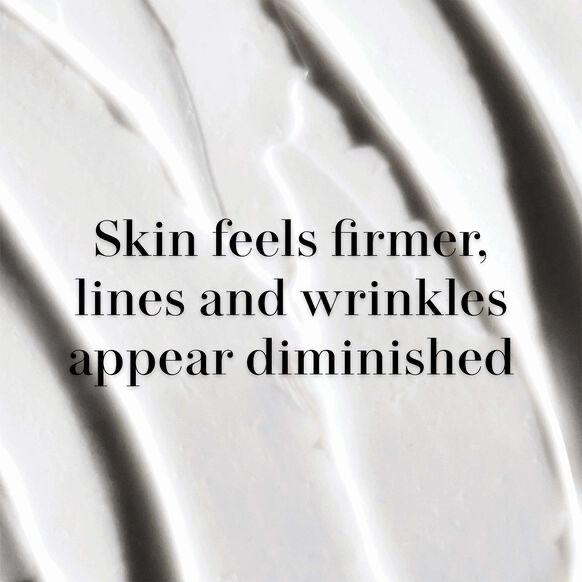
In our ever-expanding world of skincare, consumers are faced with a myriad of choices, each claiming to offer the secret to flawless, youthful skin. Among these choices, there are two categories I’d like to talk about: medical-grade skincare and luxury non-medical grade skincare.
While both promise impressive results, understanding the differences between them is essential for making informed decisions about your skincare routine.
Medical Grade Skincare
These include; SkinCeuticals and Obagi.
Medical grade skincare products are formulated with potent ingredients and are often recommended or prescribed by dermatologists and skincare professionals. These products undergo rigorous testing and are held to high standards of efficacy and safety.
So what we know about these products.
1. They are clinical strength formulations: Medical grade skincare products typically contain higher concentrations of active ingredients such as retinoids, alpha hydroxy acids (AHAs), and antioxidants. These ingredients are scientifically proven to address specific skin concerns like acne, skin tone hyperpigmentation, and aging.
2. Backed by Research: Medical grade skincare brands invest heavily in research and development to ensure their products deliver measurable results. They often conduct clinical trials to validate the efficacy of their formulations, providing consumers with confidence in their purchase. Both SkinCeuticals and Obagi have been developed by doctors.
3. Targeted Solutions: Medical grade skincare lines offer targeted solutions for various skin conditions, allowing for personalized treatment plans tailored to individual needs. Whether you’re battling acne, rosacea, or fine lines, both SkinCeuticals or Obagi are designed to address your specific concerns
4. Professional Guidance: Many medical grade skincare products are recommended or prescribed by skin care specialist or clinicians, who can provide personalized advice based on your skin type, concerns, and medical history. This professional guidance ensures that you’re using products that are safe and effective for your unique skin.
Luxury Non-Medical Grade Skincare:
Luxury non-medical grade skincare encompasses high-end brands such as Augustinus Bader, de Barbara Sturm, 111Skin, La Prairie Just to name a few,
that focus on providing a luxurious experience and packaging aesthetic, with an extortionate price tag. While these products may contain quality ingredients, they often prioritize sensorial appeal and branding over clinical efficacy.
1. Opulent Formulations: Luxury skincare brands often incorporate exotic botanicals, precious oils, and rare extracts into their formulations, appealing to consumers seeking indulgent skincare experiences. However, the concentration of active ingredients may not be as potent as those found in medical grade products. Most of these do not break through the barrier of the epidermis but sit on the skin.
2. Pampering Rituals: Luxury skincare products excel in providing a spa-like experience, with lavish textures, fragrances, and beautiful packaging that elevate the skincare routine to a sensory delight. You could have fooled me, for many years! While these products can enhance self-care rituals, their effectiveness in addressing specific skin concerns may vary.
3. Brand Prestige: Luxury skincare brands leverage their reputation, heritage, and celebrity endorsements to command premium prices and create an aura of exclusivity. For some consumers, the prestige associated with these brands is a significant factor in their purchasing decisions.
4. Mainstream Accessibility: Unlike medical grade skincare, which is often sold through dermatologist offices or specialty retailers, luxury non-medical grade skincare is readily available at department stores; Harrods, Harvey Nichs, Selfridges and John Lewis, in high-end boutiques, and online retailers. This accessibility makes it easier for consumers to incorporate these products into their skincare routines.
Making the Right Choice:
When deciding between medical grade skincare and luxury non-medical grade skincare, it’s essential to consider your skincare goals, budget, and preferences. If you have specific skin concerns or conditions that require targeted treatment, consulting with a skin care specialist and opting for medical grade products may offer the most effective solution. However, if you prioritize indulgent experiences and enjoy the luxury skincare ritual, luxury non-medical grade products can provide a pampering escape.
Ultimately, the key is to prioritize ingredients backed by scientific research and choose products that align with your skin’s needs and preferences. Whether you opt for medical grade skincare, luxury non-medical grade skincare, or a combination of both, consistency and diligence in your skincare routine are essential for achieving healthy, radiant skin in the long run.